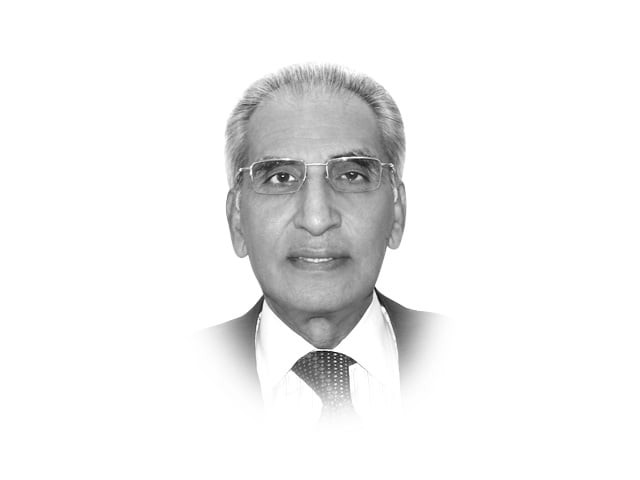Mere patch-up will not do!
Pak-US continuing differences are not only impacting their bilateral ties but also prospects of peace in Afghanistan.

If, however, their differences have been resolved and relations brought back on track, it is a welcomed development. But unless this ‘patch-up’ is fundamentally different from earlier band-aid efforts, it is only a matter of time before it hits another road block. The ‘understanding’ has too many loose ends with both sides choosing to be less than honest in their statements.
It would be recalled that fearing national outrage from the Salala attack, the government — reportedly, at the military’s behest — passed the buck to parliament to formulate what our policy ought to be. Parliament, however, went overboard and came up with a wish list rather than a list of attainable goals. Nevertheless, the government chose to bask in the glory of ‘national dignity and honour’ with Foreign Minister Hina Rabbani Khar, in her youthful exuberance, becoming its enthusiastic standard bearer. In the process, relations went into a free fall with US officials belligerent and ours worried.
It now appears that Secretary of State Hillary Clinton’s utterance of the word ‘sorry’ applied balm on our bruised egos and achieved the impossible. But if this word possessed such potency, surely it could have been uttered much earlier and saved us all the despair and agony of months. Suddenly, all the talk of “supremacy” of parliament and “no bargain on national honour” got flushed down the drain. Of course, if that was evidence of hard-headed realism, it would be reason to celebrate. But that would be expecting too much from a leadership interested only in transient considerations.
Even more inexplicable is the fact that when ‘realism’ finally dawned on us, we went overboard on the other extreme. We not only agreed to equate “sorry” with apology but also agreed to accept culpability for the Salala killings, as is evident from Secretary Clinton’s words: “Foreign Minister Khar and I acknowledged the mistakes that resulted in the loss of Pakistani military lives”. This was after a detailed report by the Pakistan Army denying any Pakistani responsibility for the tragic event!
The ‘understanding’ on drones, too, is worrying. Parliament’s demand was for a complete cessation of all drone attacks. Instead, we agreed on a vague concept of ‘intelligence sharing’ arrangement, which may provide the US with a legal fig leaf to continue its drone operations. On the issue of transit fee, after haggling for rates described by US Secretary of Defense Leon Panetta as ‘gouging’, we became unnecessarily generous, which reminded me of a similar episode when one of our redoubtable finance ministers turned down US economic assistance at lower rates, insisting on paying market interest rates, so as not to compromise our non-aligned credentials!
There is no denying that the continuation of this stand-off — while inconvenient and expensive to the US — was most detrimental to Pakistan’s interests. It was increasingly apparent that the mounting pressure from the US and its allies was becoming unbearable. But if our initial reaction to Salala was hasty and emotional, the decision taken after eight months of deep deliberations appears equally ill-considered.
The Afghan endgame is still to reveal its many twists and turns, particularly with both Washington and Islamabad unable to formulate their Afghan policy with clarity and consistency — elements that are desperately needed if peace is to be ensured in Afghanistan post-2014. It is not only Islamabad where political leadership is absent on Afghanistan; in Washington, too, the Pentagon and the intelligence apparatus have been pushing their own agendas, sowing confusion about US long-term objectives.
While Pakistan-US relations may not be “neurotic, mutually destructive”, as David Ignatius wrote in The Washington Post last week, their continuing differences are not only impacting their bilateral ties but also prospects of peace in Afghanistan. In such a scenario, it is Pakistan that is likely to suffer much more.
Published in The Express Tribune, July 18th, 2012.















COMMENTS
Comments are moderated and generally will be posted if they are on-topic and not abusive.
For more information, please see our Comments FAQ